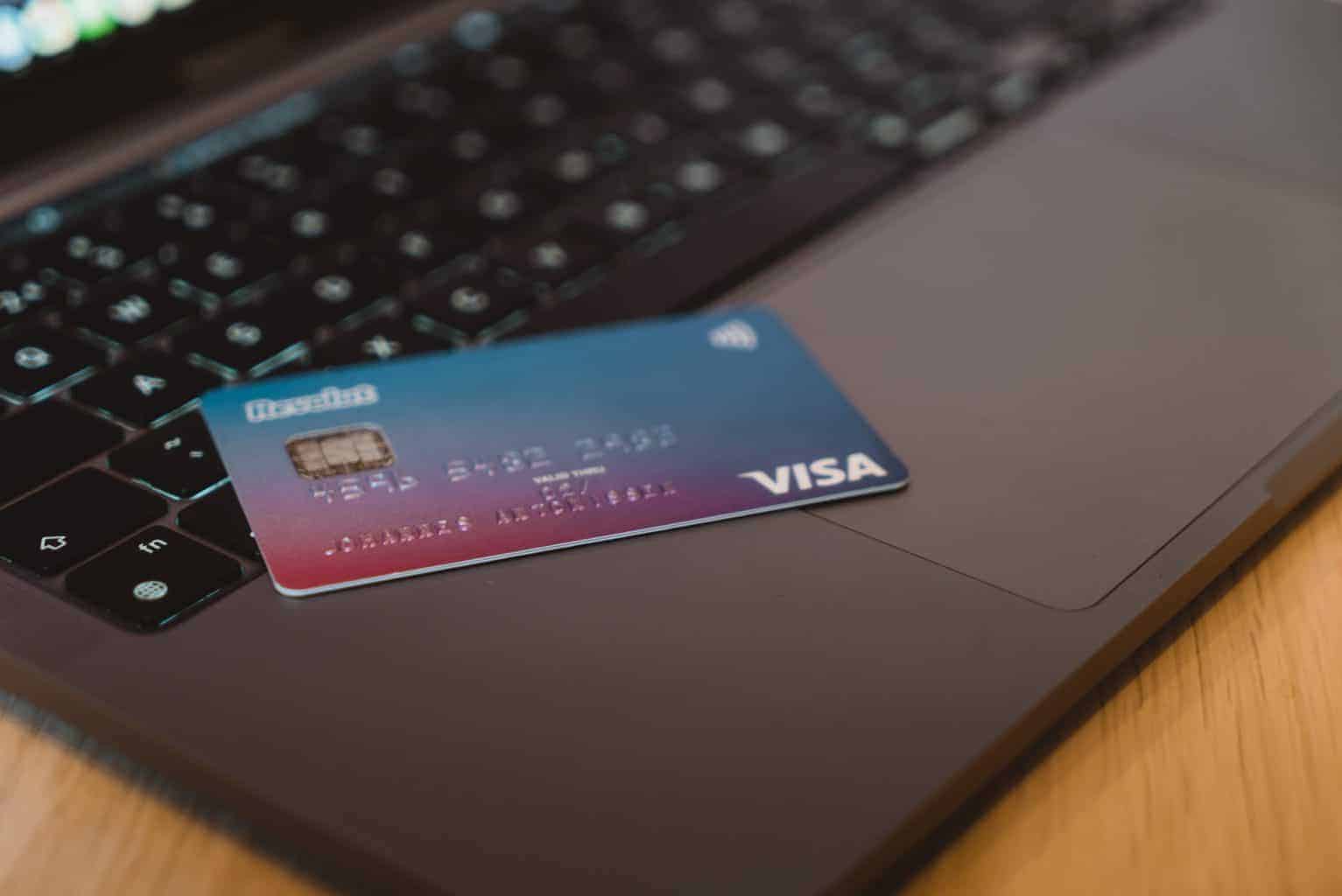It’s relatively easy to get into debt, but repaying what you owe is another story. If you don’t have a ton of debt, it’s vital to make timely payments to protect your credit health. But if your debt load is high, you want to pay on time and devise a plan of action to eliminate your outstanding balances. Not only will you free up funds for use towards other financial goals, but you’ll have peace of mind. Read on for tips on how to manage your debt wisely and how to get professional help if your debt load is excessive.
How Much Debt is Too Much?
Are you wondering if your debt load is manageable or out of control? You can gauge the status by adding up your credit card and loan balances, unpaid judgments, tax liens and other debt you owe. Then, divide this figure by your annual income to calculate how your debt load stacks up to your earnings.
- Below 36 percent: manageable debt load
- 36 to 42 percent: slightly high and should be minimized through a plan of action you can execute on your own
- 43 to 50 percent: consider hiring a nonprofit credit counseling agency for guidance on managing your finances more effectively and paying down debt
- 50 percent or higher: excessive debt load that could warrant the assistance of a bankruptcy attorney
To illustrate, if you owe creditors and lenders $27,000 and earn $85,000 per year, your debt load is manageable. But if you owe $60,000 with the same salary, your debt load would be considered excessive.
What Are the Consequences of Poor Debt Management?
When you fail to manage your debt effectively, you’ll likely experience stress and financial hardship. For example, your credit score could take a hit if you fail to pay at least the minimum on time each month, which means you’ll pay more in interest for credit cards and loan products. Plus, you could be forced to resort to high-interest debt products, like payday loans and bad credit loans, if you experience financial hardship and can’t get approved for a credit card or personal loan with a traditional bank, credit union or online lender.
Furthermore, late payments typically result in fees assessed by the lender or creditor, which could add up over time and make your outstanding balances higher. Some credit card issuers also charge penalty APRs that will typically increase your minimum payment and the amount you’re charged for interest. And only paying the minimum over time means you’ll pay more in interest and stay in debt longer.
Another common result of poor debt management is the lack of disposable income. If your debt load continues to grow and the payments spiral out of control, you could find yourself living paycheck-to-paycheck and struggling to save money. Even worse, if you experience a financial crisis, you’ll have to use the same credit cards you’re trying to pay off to get out of the hole.
The Benefits of Managing Your Debt Wisely and Paying Off Debt
Here are some key advantages to managing your debt wisely and repaying what you owe:
- Better credit health: Payment history accounts for 35 percent of your credit score, so making your debt payments on time each month could improve your credit health. Your credit utilization, which makes up 30 percent of your credit score, will also decrease as you pay down credit card balances and possibly boost your credit score.
- Financial freedom: Debt payments could account for a sizable portion of your income and cause financial strain, depending on how much you owe. But as you work to pay off your balances, you’ll free up more money in your budget to work towards other pressing financial goals. Plus, you’ll alleviate the stress that comes with living paycheck-to-paycheck and have an inadequate amount of money saved to cover financial emergencies.
Ways to Manage Your Debt
Even if your debt seems unmanageable, don’t fret. Below are some practical ways to get a handle on those pesky balances and get back on track financially:
Understand How Much You Owe
Creating a debt repayment plan without knowing how much you owe is challenging. So, you want to make a list of your debts and include the balance, minimum monthly payment, interest rate, due date and status for each account. Also, include the creditor’s contact information and reach out to inquire about concessions that could be available to you.
Create a Budget
The next step is to determine how much you can afford to allocate toward your debt payoff efforts each month. If you don’t yet have a budget, now’s the time to create a realistic one to manage your money more effectively. It’s equally important to commit to following the spending plan so you can meet your debt payoff goals.
Make Minimum Payments Or More
You want to pay at least the minimum amount each month to avoid late fees and adverse credit reporting. If you’re past due on any accounts, bring them current before allocating any extra funds to another account. When you’re ready to attack your debt aggressively, consider implementing the debt avalanche or debt snowball strategy.
With the debt avalanche, you’ll focus on the account with the highest interest rate first. But the debt snowball calls for you to prioritize the account with the lowest balance to start.
Stay on Top of Bill Payments
Habitually paying your debts past the due date could derail your progress. This is especially the case if the late payment fees are excessive.
Ways to Pay Off Debt
If your outstanding debts are out of hand and you’d like professional assistance to resolve them, consider a debt settlement or debt management program to find relief.
Debt Settlement
Debt settlement is offered by for-profit entities with the objective of settling your unsecured debt for less than what you owe in just a few years. When you enroll, you’ll begin making monthly deposits to a dedicated account. These funds will be used to pay creditors as settlement offers are reached. You’ll continue to make payments until all debts under the program are settled.
There’s no upfront fee to enroll in a debt settlement program. However, you’ll pay a settlement fee for each debt that’s resolved under the program.
Debt Management Programs
DMPs are also designed to help you alleviate overwhelming debt, but they’re generally available through non-profits. Unlike debt settlement programs, you’ll repay the total amount you owe.
When you sign up, the credit counseling agency will attempt to negotiate concessions from the creditors on your behalf. You’ll also make an agreed-upon monthly payment to the credit counseling agency, and they’ll distribute funds to the creditors in accordance with the DMP’s payment schedule.
Expect to pay an enrollment fee to get started. Most credit counseling agencies also charge monthly fees for each debt enrolled in the program. However, these fees are included in your program payments. So there is also no upfront fee to start.







